Harnessing Talent Platform Working Groups
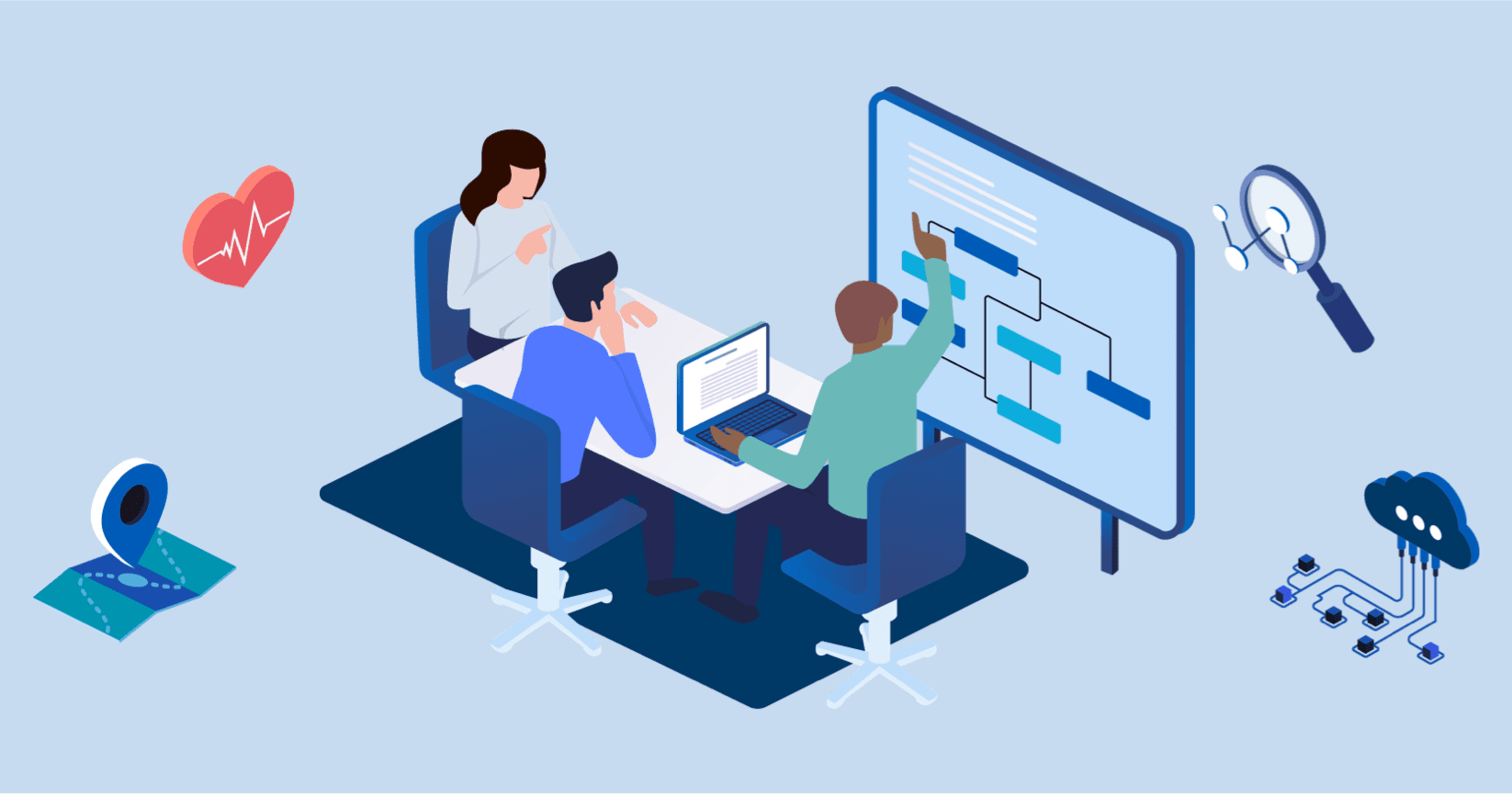
About the Working Groups
As part of Pillar 7 of the Talent Booster Mechanism, four Working Groups on the topics of: Digital, Health, Research & Innovation and Territorial development – in particular urban-rural linkages and quality of life – have been established with the purpose of helping regions address specific professional or territorial challenges which influence a region’s ability to be competitive and attractive for young and highly skilled workforce.
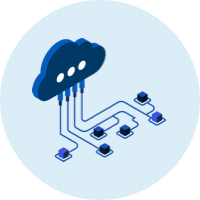
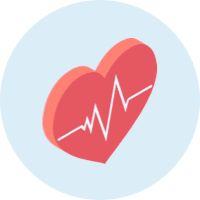
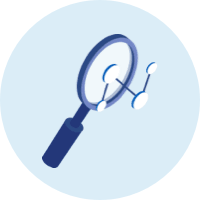

The four groups bring together relevant stakeholders at EU, national and regional level and enhance dialogue, exchange of experiences and knowledge building between them. Additionally, they aim to identify opportunities and approaches to help mitigate challenges associated with population decline of tertiary educated population and how to harness talent in Europe’s regions.
Objectives
The work of the Groups will allow to have a deeper insight into how regions dealing with demographic challenges can attract, develop and retain talent, by exploring potential solutions and devise instruments linked to the discussed topic. The Working Groups aim to:
- Develop a network of experts, with various types of stakeholders involved in or interested in understanding or addressing challenges related to the declining share of tertiary educated labour force and how to harness talent;
- Develop and share knowledge pieces and expertise, such as analytical tools and guidelines, policy recommendations, best practices and case studies, resources, within the group and externally;
- Articulate the challenges related to the declining share of tertiary educated labour force and how to harness talent;
- Identify and promote good practices and evidence-based approaches to mitigate these challenges and harness talent;
- Promote research in the selected areas;
- Ensure participation in meetings and continuous discussions on a variety of topics related to these challenges;
- Translate the findings into advocacy messages, policy recommendations and technical guidance for an actionable framework dedicated to EU’s regions dealing with demographic challenges and brain divide issues.
Membership and operation
The Working Groups’ members represent relevant pan-European organisations for regions, public authorities at national and regional level - especially in the regions particularly affected by the declining share of tertiary educated labour force in the afore-mentioned sectors, research and academic institutions and think thanks, public or para-public agencies and associations, business associations, umbrella organisations, collaborative networks, cluster and intermediary organizations, pan-European organisations for regions and civil society organisations, including for instance representatives from workers and employers, NGOs.
Each working Working Group consists of:
- Core team of up to 20 members who actively shape, steer and perform the work of the group. These include 2 leaders per working group who will oversee the activities of the members with the support of the HTP Secretariat. Members of the Core team and leaders of the WGs have been be selected following a call for expression of interest launched in July 2023.
- HTP Secretariat which includes a WG facilitator as well as an administrative support team that constantly support and interact with WG members.
- External team of experts that can be mobilised and invited to participate on an ad hoc basis to share knowledge and experience on good practices.
Each group is chaired by the Harnessing Talent Platform (HTP) Secretariat, managed by an external contractor under the supervision of the European Commission’s DG REGIO. The HTP Secretariat is responsible for the overall management of the working groups as well as the facilitation of digital and physical working group meetings to support the achievement of tangible outcomes.
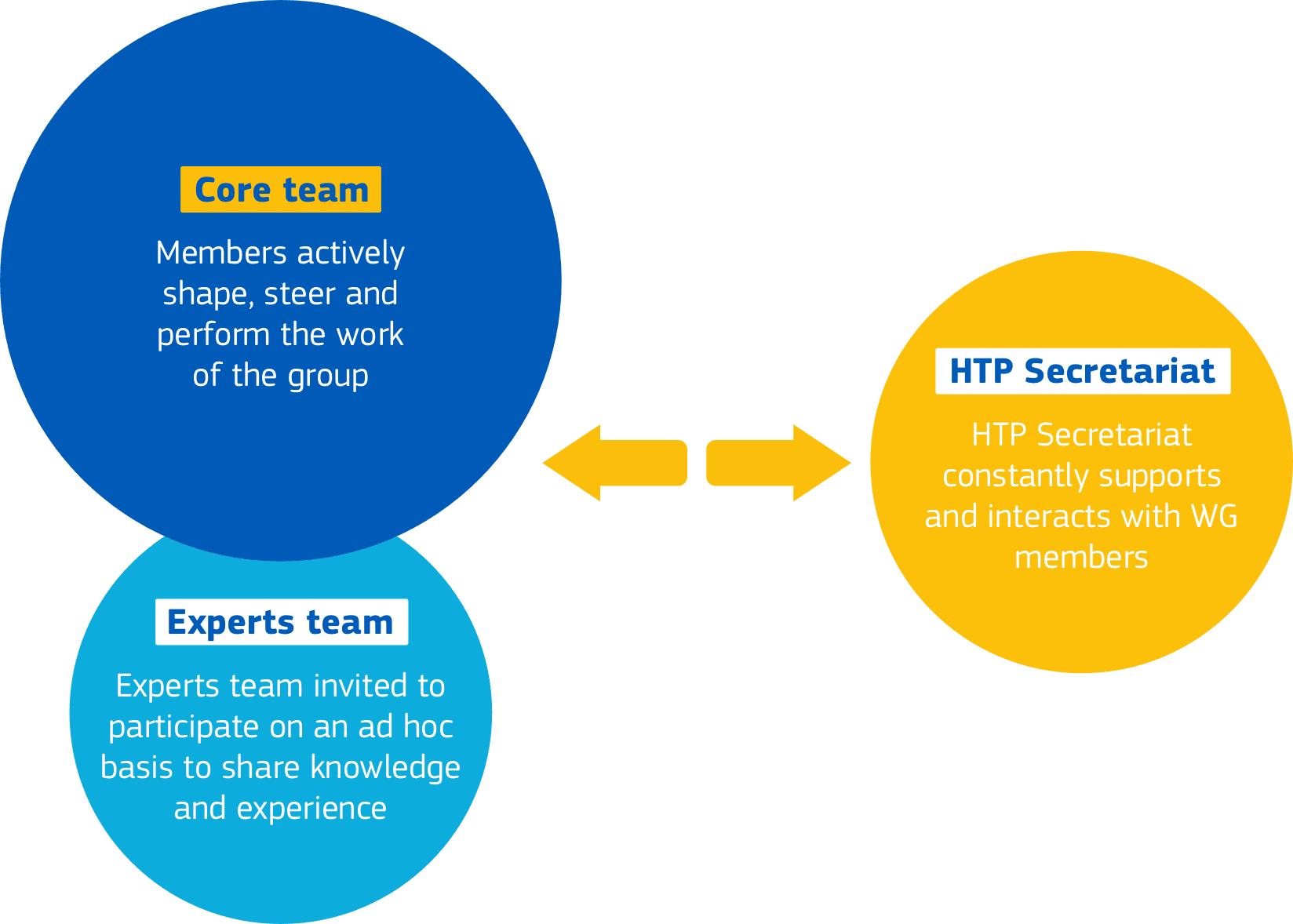
If you would like to receive more information, please reach out to the HTP Secretariat:
working-groups@harnessingtalentplatform.eu
Activities and milestones
Between November 2023 and May 2026, Working Groups will meet at least three times per year, of which at least two meetings will be online and one meeting will be organised as physical meeting in Brussels, within the premises of the European Commission. The first physical meeting will take place on 24 November. During these Working Group meetings, participants will contribute to:
- deciding on the list of sub-topics to work on
- preparing issue papers on defined topics of interest
- sharing updates and good practices, knowledge and experience on the topic
- contributing to the creation of territorial expertise
- preparing presentations for the Working Group meetings
- reflecting solutions and preparing possible recommendations
- preparing guidance documents and toolkits for different levels of regional policy management
The figure below summarises the timeline proposed:
-
14 July – 15 September 2023Call for members open
-
September - October 2023Selection of Working group members
-
October – November 2023Results are communicated to the members
-
24 November 2023, Brussels1st Working Group meeting
-
11 October 2024, Brussels2nd Working Group meeting
-
November 2023 – May 2026Regular Working group activity
